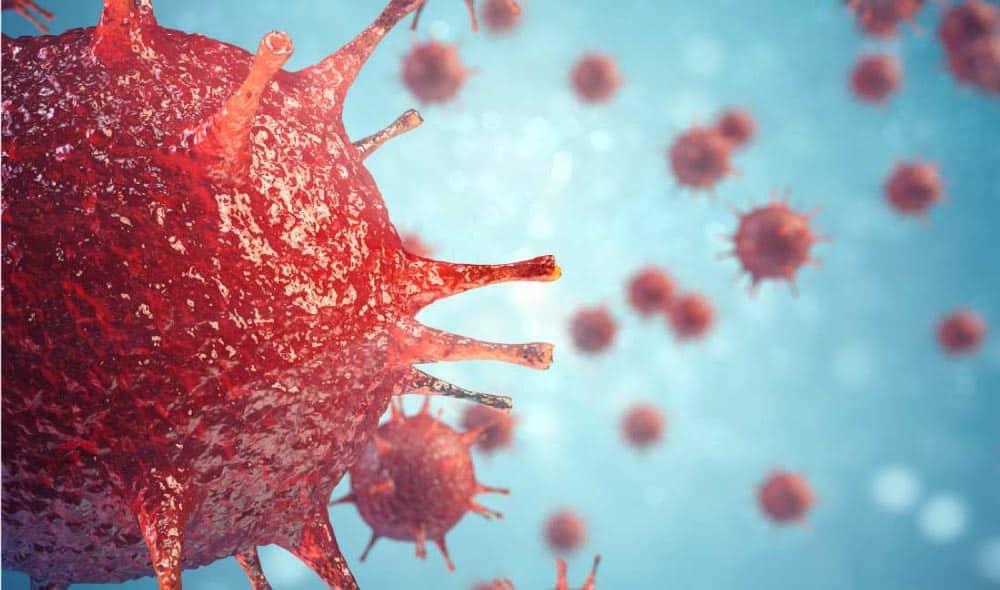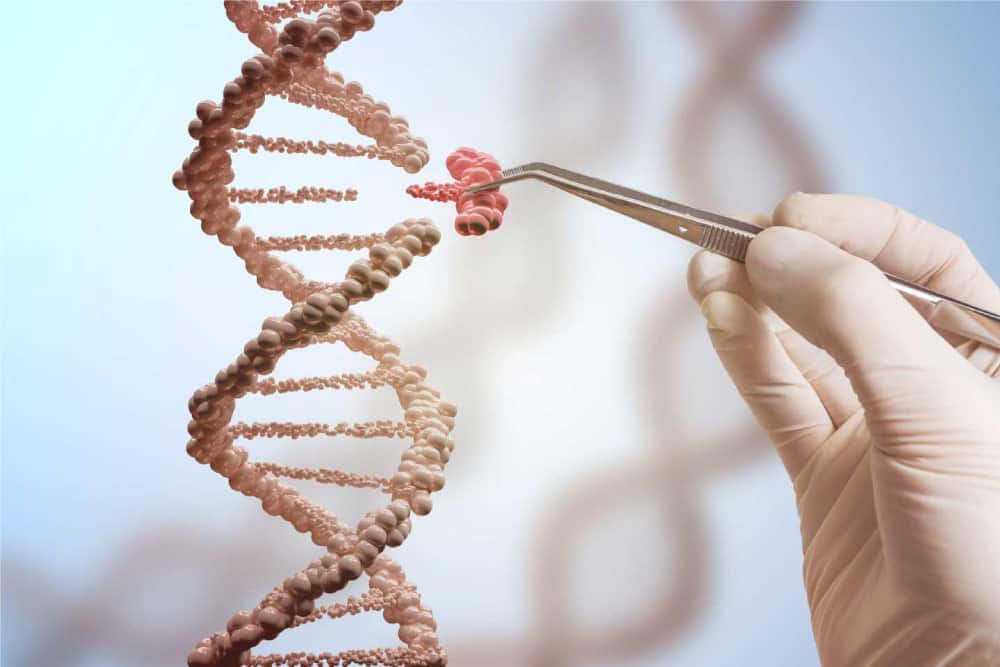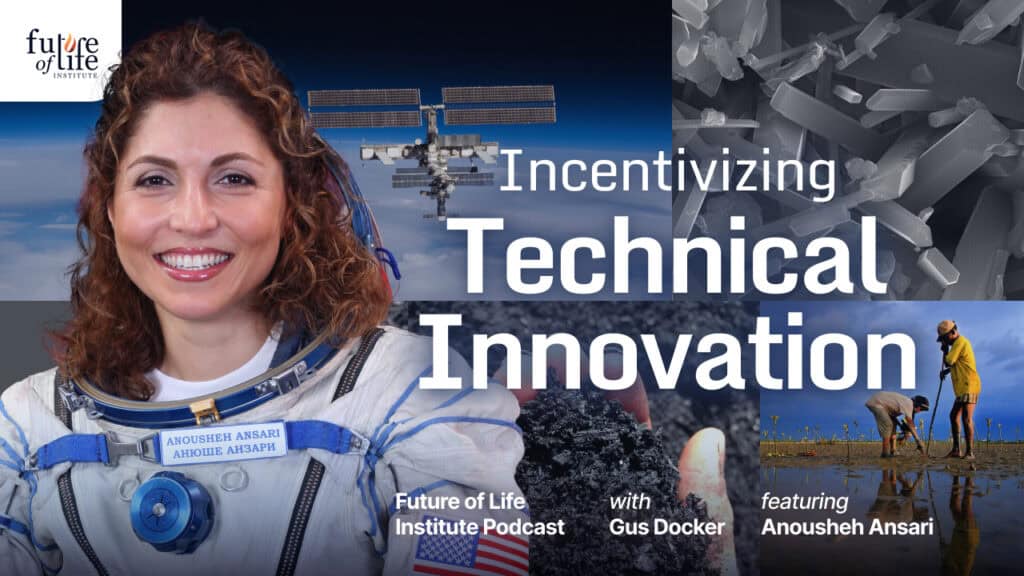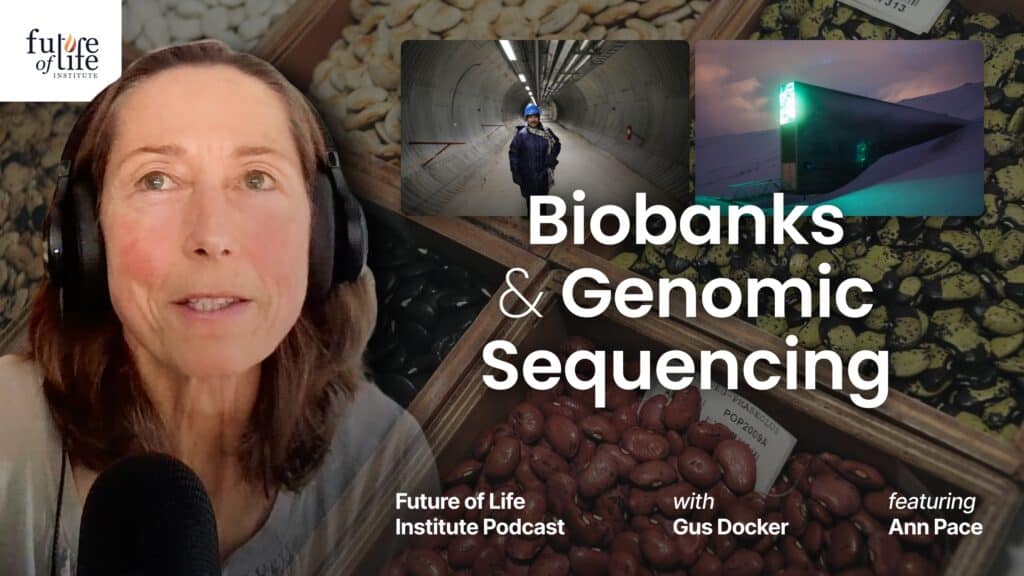Biotechnology

Modern biotechnology refers to powerful tools kickstarted in the 20th century which can shape and repurpose the properties of living cells, plants and animals. These tools include DNA sequencing, synthetic biology, recombined or ‘recombinant’ DNA, and genome editing.
All these tools being developed to extend and save lives could wind up ending them – whether through unintended consequences or by malicious intent. Ebola, Zika and COVID-19 may have been of natural origin, but that doesn’t mean the next outbreak will be, nor that the right steps are being taken to prevent a lab leak. And while the use and development of bioweapons have been banned since 1972, nations rich and poor retain the resources and know-how to produce them. It may soon even be affordable to ‘print’ deadly proteins or cells at home. Many scientists are calling for a moratorium on forms of gene-editing technology until we have a better idea of what we are dealing with. One specific type of gene-editing, gain-of-function research, is particularly concerning. Gain-of-function research studies the enhancement of pathogens such as increasing their transmissibility, virulence or range of hosts. Given the high risks and unclear benefits, many have argued for a ban on gain-of function research.
DNA sequencing, which involves reordering the four building blocks in a given DNA strand, has fallen in price since the complete human genome was published in 2003. This allows for major medical breakthroughs, such as real time epidemic tracking or designing new anti-cancer drugs targeted at specific DNA mutations. However, genetic analysis of this kind also aids the waging of biowarfare; equally, governments and corporations are increasingly collecting individuals’ and families’ DNA information, threatening privacy and freedom.
Synthetic biology – that is, building bacterial genomes from scratch and injecting them into living cells – also surges ahead. Goals here include making custom cells for medicines, human cells immune to all viruses, and DNA-based data storage. Professor George Church has even proposed ‘de-extincting’ old friends like the woolly mammoth or the Neanderthal. These potentials raise ethical questions, and risk democratizing the ability to create bioweapons, among other harms. A virologist has already managed to produce the horse-pox virus (related to the virus that causes smallpox) with DNA ordered online, for instance.
Recombinant DNA, so-called ‘rDNA’, impacts much of modern society, from biomedical research and best-selling drugs, to the clothes you wear. With this tool, researchers can remove a useful protein from its original context and mass-reproduce it, or transplant it into new species. This has propelled many medical advances, including a growing number of vaccines. The risk is that recombinant viruses, or rDNA derived from drug-resistant bacteria, could escape from the lab and infect the public. rDNA also offers yet another way for rogue scientists or terrorists to produce bioweapons.
Finally, there’s genome editing. The scientists behind one gene-editing technology called CRISPR/Cas9 – also known as ‘DNA scissors’ – believe it may be the key to curing genetic diseases, mutation-based diseases like cancer, and even viruses. Inserting Cas9 into a patient’s cells could fix the mutations that cause diseases. But trials of CRISPR/Cas9 in human cells have produced disturbing results, with mutations showing up in parts of the genome that shouldn’t have been targeted for DNA changes. What’s more, genome editing in reproductive cells could lead to dangerous mutations passing down to future generations. Some fear unethical uses, such as parents choosing their children’s traits (the ‘designer baby’ idea) – though no straightforward links between one’s genes and their intelligence, appearance, etc have yet been found. A gene drive, despite possibly minimizing the spread of certain diseases, could create immense harm, as it is intended to kill or modify an entire species.
We must ensure that biotechnology remains associated with life-saving new developments, like the rapid COVID-19 vaccine successes, rather than terrifying weapons which have the potential to blur the lines between war and peace, or change what it means to be human.
Other focus areas

Nuclear Weapons

Artificial Intelligence
Recent content on Biotechnology
Posts

Gene Drives: Assessing the Benefits & Risks

Dr. Matthew Meselson Wins 2019 Future of Life Award

Genome Editing and the Future of Biowarfare: A Conversation with Dr. Piers Millett

Writing the Human Genome
Resources

COVID-19 & Catastrophic Risk

Biotechnology Resources
Videos
These 8 People May Have Saved Your Life
2020 Future of Life Award for saving 200 million lives from smallpox
How to defeat a virus much deadlier than COVID
Dr. Matthew Meselson Wins 2019 Future of Life Award
Podcasts

Open letters
Open letter calling on world leaders to show long-view leadership on existential threats
Autonomous Weapons Open Letter: Global Health Community
Future of Life Awards

Future Of Life Award 2020




